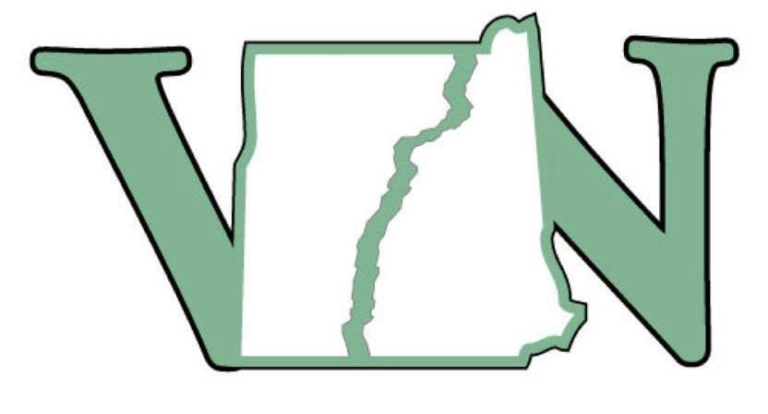Gov. Phil Scott on Monday evening signed H.766, a bill that takes aim at health insurance company practices such as “prior authorization” and seeks to free health care practitioners from burdensome paperwork.
“The intent of this bill is to improve the health care outcomes of Vermonters — which could lower overall healthcare costs — by increasing access to timely and essential health care services,” Scott said in a letter to lawmakers.
In his letter, Scott said he was also directing the state’s Agency of Human Services and Department of Financial Regulation to study the impact of the legislation on costs and outcomes of care. The study would examine similar legislation in other states and “how we can apply successful strategies to the implementation and improvement of this law,” Scott said.
H.766 aims to streamline interactions between practitioners and insurance companies. By limiting tactics like prior authorization — in which insurers require practitioners to get permission before ordering a procedure — the bill seeks to give providers more autonomy over the care they provide.
The bill will establish time limits for insurers to respond to prior authorization requests and eliminate the practice entirely for primary care, except when it comes to prescription drugs and out-of-network services.
The bill also limits the cases in which insurers can decline to cover a medication prescribed by a clinician and requires insurers to cover — without prior authorization — at least some asthma medications. That move comes in response to complaints from practitioners and patients that insurance companies made it overly difficult for patients to access asthma drugs.
And the legislation tightens restrictions around claims submitted by clinicians, making it more difficult for insurers to reject bills for services rendered by doctors and nurses.
The goals, lawmakers said, are to improve and accelerate Vermonters’ access to care and free doctors and nurses from onerous paperwork requirements. Advocates also hope the bill will help shore up an understaffed and critical industry, particularly in the area of primary care.
“We are thrilled,” Jessa Barnard, the executive director of the Vermont Medical Society, said in an interview Monday evening. The bill “means quite a bit for patients and patient care, and we hope it speeds up access to necessary and appropriate health care services.”
Insurers, however, warned that the legislation would cause insurance premiums — already unaffordable for many Vermonters — to rise further.
Sara Teachout, a spokesperson for Blue Cross Blue Shield of Vermont, the state’s largest private insurer, thanked the governor for assigning state officials to study the legislation’s effect.
“We appreciate the Governor balancing the concerns of our members by asking that the impacts be analyzed and shared with Vermonters paying premiums,” Teachout said in a text message Monday evening.
Blue Cross Blue Shield said last week that the bill would add roughly 2 percentage points to the growth of insurance premiums for individual and small group plans next year.
Deborah Brundage, an administrator with MVP, said last week that, if the legislation passed, premiums for small group and individual plans would grow by an extra 10 percentage points.
“Despite good intentions, the timing, and effects of H.766 will be devastating for Vermont families and employers and their already strained budgets,” Brundage said in a statement last week.
In the Senate, the bill survived a last-minute bid to delay its effects, amid concern from some lawmakers that it would further push up health care costs. Last month, several legislators mounted a failed push to postpone the bill’s provisions until the Department of Financial Regulation could analyze its impacts.
Most of the bill will go into effect in January 2025. It was not clear from the governor’s letter when the Department of Financial Regulation and Agency of Human Services’ study will be completed. But the study is a sign that Scott, too, is concerned that the bill could drive up health care costs for Vermonters.


